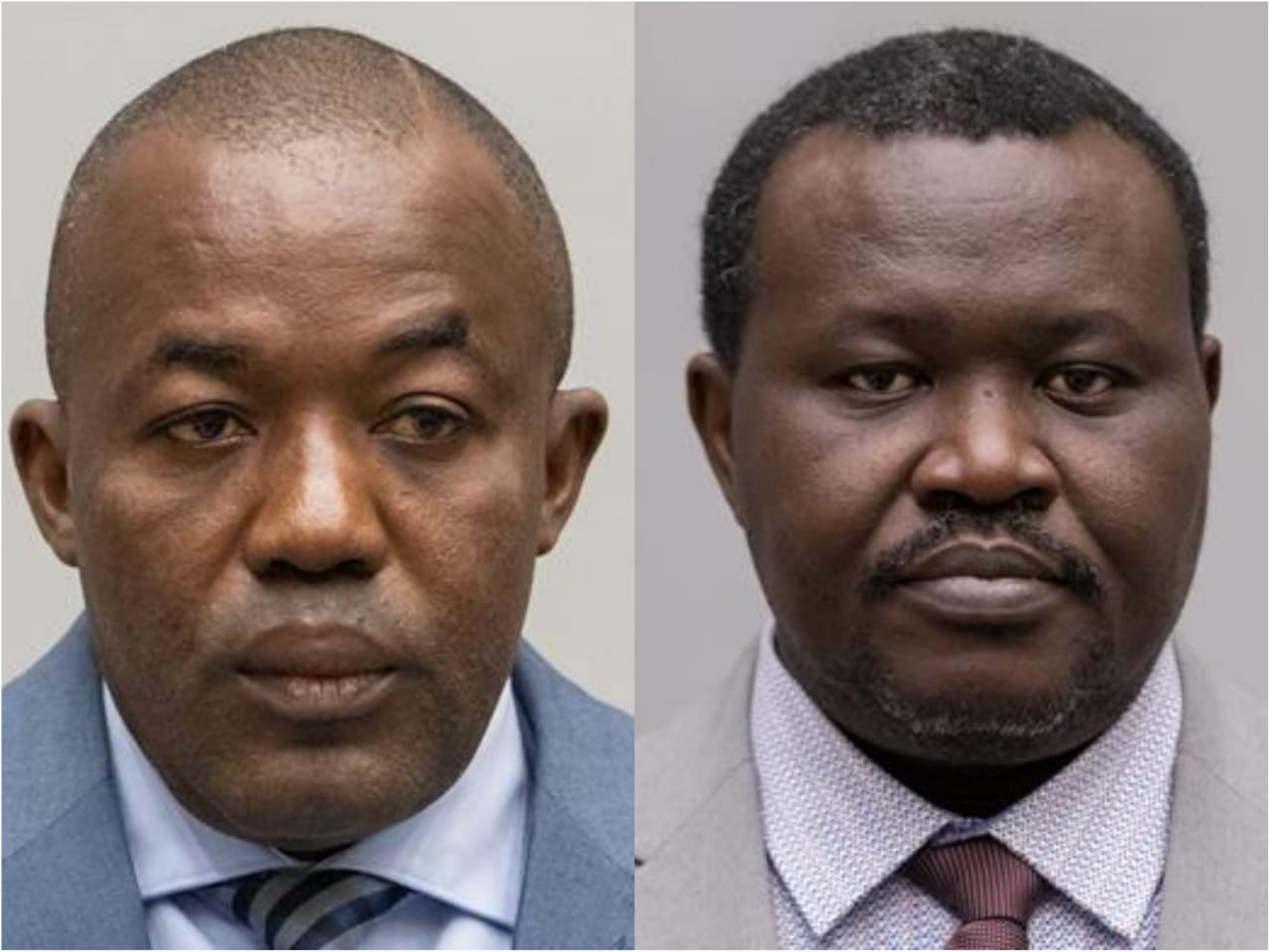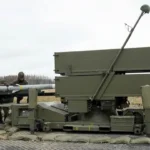The International Criminal Court (ICC) has convicted former Central African Republic (CAR) football federation head Patrice-Edouard Ngaïssona and rebel commander Alfred Yekatom, also known as “Rambo”, for war crimes and crimes against humanity committed during the sectarian conflict that tore through the country in 2013 and 2014. In a landmark judgment delivered after a nearly four-year trial, ICC judges found Ngaïssona guilty of 28 counts, including murder, torture, and persecution of Muslims, and sentenced him to 12 years in prison. Yekatom was found guilty of 20 similar charges and received a 15-year sentence.
The court heard evidence from over 170 witnesses and reviewed nearly 20,000 items of evidence detailing the brutal campaign by anti-Balaka militias against the Muslim population. Ngaïssona, who served as the political coordinator of the militias, allegedly funded and instructed fighters, while Yekatom led assaults, including a deadly attack in the capital, Bangui, on 5 December 2013, where civilians were reportedly slaughtered. The prosecution described the coordinated attacks as part of a systematic plan to eliminate Muslims, branding them “enemies of the nation.”
Though both men denied the charges, testimonies and documented atrocities, including throat slitting, mutilation, and people being buried alive led to their convictions. Ngaïssona, a former sports minister and head of CAR’s football federation, was once elected to the executive committee of the Confederation of African Football (CAF) in 2018, despite opposition from rights groups. He was arrested in France later that year and transferred to The Hague in 2019.
Yekatom, elected as a Member of Parliament in 2016 despite being under UN sanctions, was extradited to the ICC after firing a gun inside CAR’s parliament in 2018. Their trial and sentencing mark a significant milestone in international justice and accountability for crimes committed during CAR’s brutal conflict, which began after Muslim-led Séléka rebels overthrew the government in 2013, sparking retaliatory violence from the predominantly Christian anti-Balaka militias.













Leave a comment